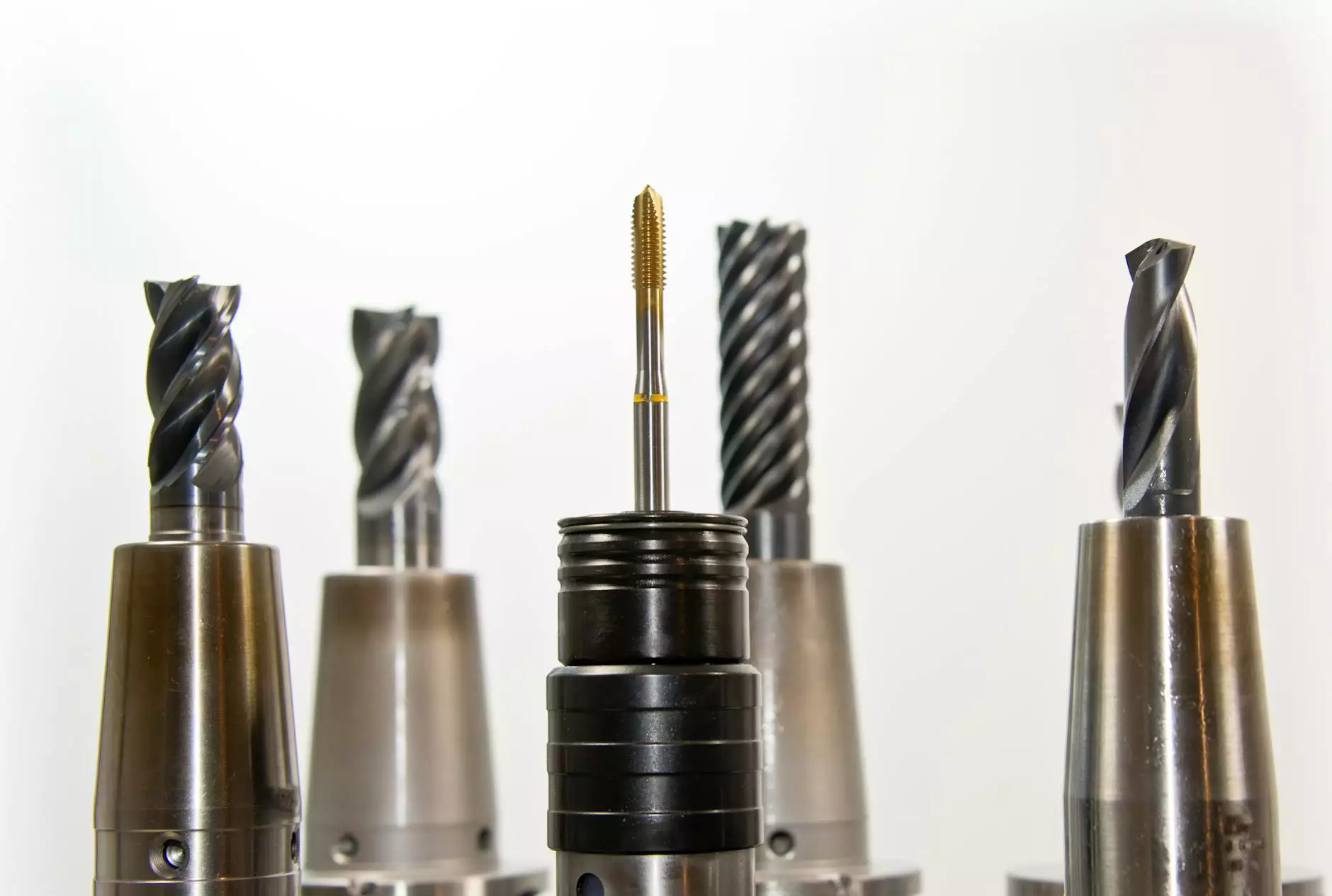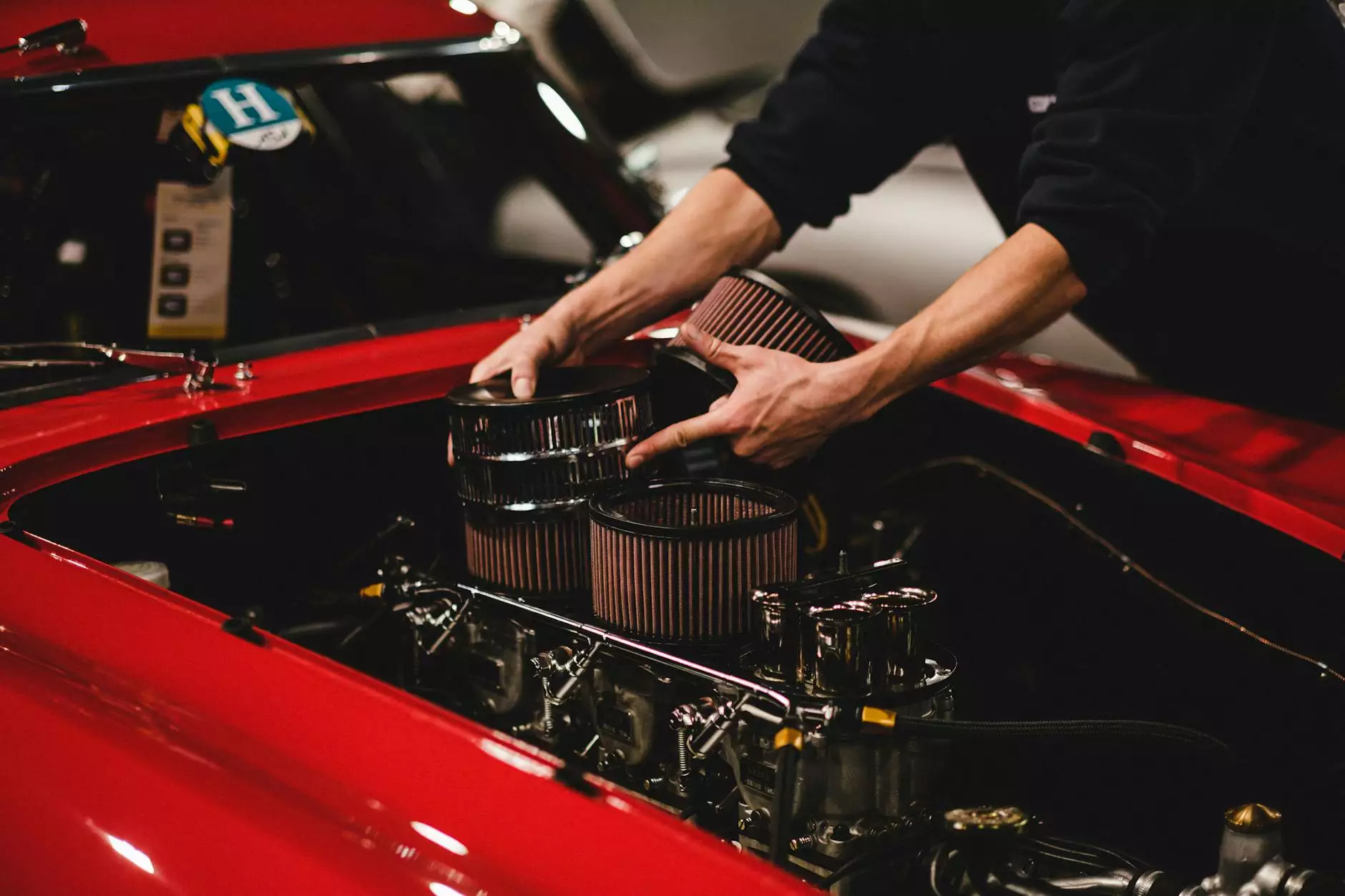Unveiling the Role of Precision CNC Machining Manufacturers in Modern Manufacturing

The manufacturing landscape has evolved significantly in recent years, driven by technological advancements and the continual demand for higher accuracy and efficiency. One of the key players in this evolution is precision CNC machining manufacturers. This article delves into the multifaceted impact of these manufacturers on the metal fabrication industry, outlining the benefits, processes, and future trends.
What is Precision CNC Machining?
Precision CNC machining refers to the process of using computer numerical control (CNC) machines to shape, cut, and finish materials with a high degree of accuracy. This technology utilizes pre-programmed software to dictate the movement of factory tools and machinery, thus enabling the fabrication of complex parts and components with precision.
Benefits of Precision CNC Machining
- High Accuracy and Precision: One of the fundamental advantages of CNC machining is the unparalleled accuracy it provides. With tolerances typically within 0.001 inches or less, products made using CNC machines can meet stringent industry standards.
- Consistency in Production: CNC machines can produce multiple identical parts with the same specifications, ensuring uniformity across batches. This consistency aids businesses in maintaining high-quality production.
- Complex Designs Made Easy: The advanced capabilities of CNC machinery allow for the creation of intricate designs that would be nearly impossible to achieve with manual machining.
- Reduced Waste: CNC machining maximizes material efficiency, helping to minimize the waste generated in the manufacturing process. This aspect is particularly critical for industries concerned with sustainability.
- Increased Efficiency: These machines can operate continuously without fatigue, significantly enhancing production speed compared to manual processes.
The Role of Precision CNC Machining Manufacturers
Precision CNC machining manufacturers play a crucial role in various sectors, including automotive, aerospace, medical, and electronics. Here's how they are shaping the landscape of manufacturing:
1. Innovation in Processes
As advancements in technology occur, CNC machining manufacturers continuously adapt and innovate their processes. The adoption of smart technologies, such as IoT devices and advanced software, enables real-time monitoring and optimization of production lines, leading to improved output and quality assurance.
2. Customization and Flexibility
Precision CNC machining allows for a high level of customization. Manufacturers can produce tailored solutions that meet specific client requirements, making them indispensable in industries that demand unique components.
3. Quality Control Assurance
Leading precision CNC machining manufacturers implement strict quality control measures throughout the manufacturing process. Utilizing advanced metrology and inspection techniques ensures that each part meets the required specifications and complies with industry standards.
4. Contribution to R&D
Many manufacturers place a significant emphasis on research and development. By investing in R&D, they can develop new technologies and methods that will further enhance precision, reduce costs, and improve overall production processes.
Key Industries Benefiting from Precision CNC Machining
Several industries have notably benefited from the implementation of precision CNC machining solutions. Below are some of the primary sectors:
1. Automotive Industry
The automotive sector relies heavily on precision machining for producing various components such as engine parts, transmission systems, and intricate assemblies. The quest for lightweight and fuel-efficient vehicles has led to innovations in materials and machining techniques.
2. Aerospace Sector
In aerospace manufacturing, safety and reliability are paramount. Precision CNC machining manufacturers create critical components like turbine blades, fuselage parts, and landing gear, adhering to stringent aviation standards.
3. Medical Device Manufacturing
The medical industry requires parts that must meet high standards of cleanliness and precision. CNC machining allows for the production of intricate surgical tools, implants, and diagnostic equipment with enough precision to meet health regulations.
4. Electronics Manufacturing
Electronics manufacturers utilize CNC machined parts to create casings, connectors, and other components, ensuring that they fit within the compact and often intricate designs of electronic devices.
Choosing the Right Precision CNC Machining Manufacturer
When selecting a precision CNC machining manufacturer, businesses should consider several factors to ensure they partner with the best in the industry:
- Experience and Expertise: Look for manufacturers with a proven track record in precision machining within your specific industry.
- Technology and Equipment: Ensure that the manufacturer utilizes modern CNC machinery and techniques to enhance production quality and efficiency.
- Quality Assurance Processes: Inquire about their quality control measures and certifications, such as ISO standards.
- Custom Capabilities: Determine whether they can handle custom projects and whether they can accommodate your unique design requirements.
- Customer Support: Strong communication and support are vital. A good manufacturer will have excellent customer service to address issues promptly.
Impact of Emerging Technologies on Precision CNC Machining
The future of precision CNC machining is being shaped by several emerging technologies:
1. Automation and Robotics
Incorporating automation into CNC machining processes can lead to enhanced productivity and reduced operational costs. Robotics can assist in loading, unloading, and even executing complex machining processes.
2. Additive Manufacturing Integration
As additive manufacturing (3D printing) gains popularity, integrating it with CNC machining can offer hybrid solutions, allowing for more intricate designs and faster prototyping.
3. Artificial Intelligence (AI)
AI can be leveraged in CNC machining for predictive maintenance, quality assurance, and optimizing manufacturing processes based on real-time data analysis.
4. Internet of Things (IoT)
The IoT enables CNC machines to communicate and share data, resulting in smarter manufacturing systems that can optimize operations and reduce downtime.
Conclusion
Precision CNC machining manufacturers are at the forefront of the modern manufacturing era. Their contribution to efficiency, accuracy, and innovation is indispensable across various industries. By leveraging the latest technologies and maintaining high-quality standards, these manufacturers not only meet but also anticipate the evolving needs of their clients. For businesses looking to enhance their production capabilities, partnering with a proficient precision CNC machining manufacturer can provide the competitive edge necessary in today's fast-paced market.
Whether you are in the automotive, aerospace, medical, or electronics field, the importance of collaborating with experts in precision CNC machining cannot be overstated. As you look towards the future, consider the vast possibilities that these manufacturers can bring to your operations and manufacturing processes.
For more information on services and expertise in CNC machining, visit deepmould.net.









